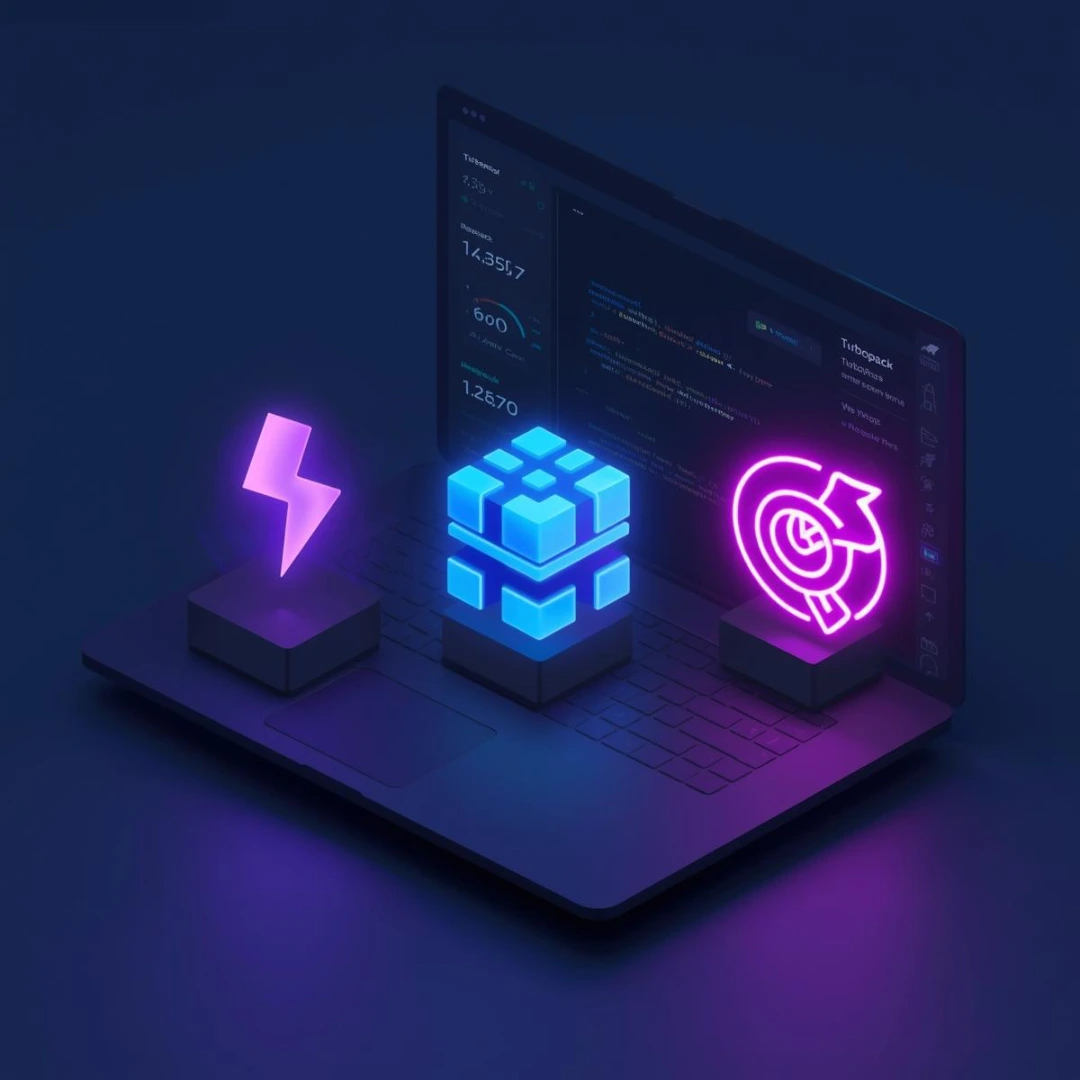
Abass Adebayo
Abass Adebayo is a seasoned software engineer who specializes in C# and .NET development. He has a strong background in Backend architecture, cybersecurity-Governance Risk & Compliance, Microsoft365, and Virtual Assistance. With a passion for event-driven systems, he loves creating secure, scalable applications and mentoring aspiring developers. Feel free to connect with him on LinkedIn.
Article by Gigson Expert
Modern systems of software need integrability and responsiveness. One of the preferred approaches is the Event Driven Architecture, which permits applications to communicate with each other with the use of events asynchronously. This means that systems have high scalability, which results from lower dependency servicing.
The two major technologies on EDA are Apache Kafka, and RabbitMQ, which serve both messaging purposes but differ in other aspects. In this article, their functionalities are examined and assisted to conclude who fits specific needs.
Understanding EventDriven Architecture
What is Event-Driven Architecture?
Event-Driven Architecture (EDA) is a software design pattern that organizes systems around the production, detection, and consumption of events. An event signifies a change in state or an update, for example, an item being placed in a shopping cart on an e-commerce website. In EDA, services communicate asynchronously by reacting to these events, rather than through direct requests. This approach fosters decoupled services, allowing for microservices to operate more independently. This means that systems achieve high scalability because of lower dependency between services. The core interaction model is that components react indirectly to an event rather than a direct command, which allows systems to be loosely coupled and efficiently process massive amounts of data.
EDA organises software around events. The interaction is when indirect components react to an event rather than an action. This architecture allows systems to be loosely coupled and efficiently process massive amounts of data.
To understand more, check out this article, modern software architecture, to understand more about different modern software architecture types.
Core Elements of EDA
In an event-driven system, there are three components with which the system can work.
- Firstly, producers start the process, which means that events are created and published by business firms.
- Brokers are middlemen, whose job is to take responsibility for delivering messages to clients.
- Finally, consumers complete the process of receiving and responding to messages.
Event-Driven Architecture Flow

Why EDA Matters
The use of EDA is preferable to organizations because it is flexible. It enables the processing of data in real time, improves the scalability of the system, and increases fault tolerance through decoupled service interactions. Check out this post on the importance of event driven systems.
Apache Kafka: The Power of Event Streaming
Apache Kafka is designed for handling continuous streams of data. It keeps event logs for replaying messages which makes it suitable for analytics, monitoring, and real-time applications.
Strengths of Kafka
Kafka architecture is favorable for data of great volume. It guarantees durability through the persistent storage of messages. The distributed nature of these resources provides fault tolerance and scalability, making them excellent for complex enterprise solutions.
When to Choose Kafka
Kafka is a good substitute when there are huge data streams to handle. It is most efficient for real-time analytics, log aggregation, and event sourcing in microservices. Read more about practical applications of Kafka.
RabbitMQ: Reliable Message Broker
RabbitMQ is a lightweight message queue that guarantees reliable message delivery. Unlike Kafka, it focuses on transactional message processing, ensuring that messages reach their destinations even if services temporarily go offline.
Strengths of RabbitMQ
RabbitMQ is known for its flexibility and support for multiple messaging protocols. It enables services to communicate reliably through task queues, making it useful in job scheduling and microservices decoupling.
When to Choose RabbitMQ
RabbitMQ is best suited for task distribution, job scheduling, and ensuring message delivery when real-time streaming isn’t required. Read our guide on RabbitMQ best practices.
Kafka vs. RabbitMQ: Making the Right Choice

RabbitMQ vs Apache Kafka

Selecting the Best Tool
Use Kafka when large-scale event processing is a priority. RabbitMQ is preferable for reliable messaging in microservices, where message persistence matters but event replay is unnecessary. For a deeper comparison, check out Kafka vs. RabbitMQ analysis.
Applying Kafka and RabbitMQ in Real Scenarios
Consider an e-commerce platform handling customer orders. When an order is placed, Kafka captures the event for analytics and monitoring, while RabbitMQ queues messages to ensure the payment service processes transactions reliably. This hybrid approach enables real-time insights while ensuring business-critical operations run smoothly. Read more about event-driven architecture in e-commerce.

FAQs
How does Kafka differ from RabbitMQ?
Kafka acts as a distributed log for event streaming, whereas RabbitMQ functions as a traditional message queue for task processing.
Can Kafka and RabbitMQ be used together?
Yes, some architectures use Kafka for event streaming while leveraging RabbitMQ for transactional messaging. See our case study on hybrid messaging architectures.
Which is easier to set up?
RabbitMQ has a simpler setup process, while Kafka requires more configuration but offers greater scalability.
Is Kafka overkill for small applications?
For small-scale messaging, RabbitMQ is often a better choice.
Does RabbitMQ support event replay?
No, RabbitMQ removes messages once they are consumed, unlike Kafka, which retains logs for later use.




.webp)